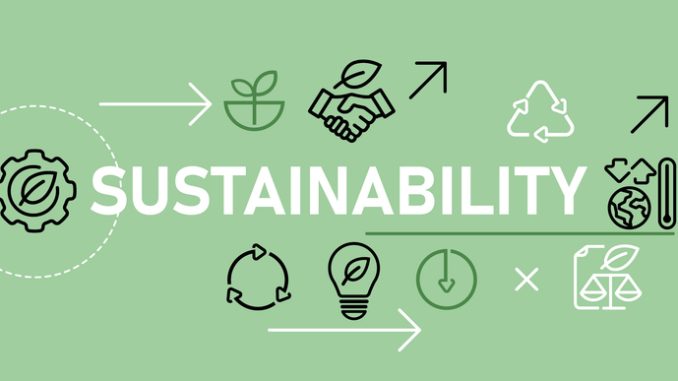
With rising regulations, growing public awareness and cultural shifts, sustainability is now at the forefront of organisational priorities
CREDIT: This is an edited version of an article that originally appeared on Business Because
Business leaders need to understand the core principles of sustainability to make a meaningful impact. Responsible leadership requires understanding key drivers and taking actionable steps to integrate sustainable practices into strategies for long-term success.
In this article, we explore the essential lessons for business leaders to implement practices that benefit both their organisations and the planet.
Empowering Future Leaders
The drive towards a greener economy through organisational transformation is not only fuelled by cultural and regulatory shifts but also by a growing desire among the next generation of leaders to create meaningful and lasting change.
Achieving maximum impact requires not just a commitment to sustainability, but a combination of the right mindset, practical skills and strategic vision. For both current and future organisational leaders, effectively driving change relies on having access to a wide range of tools, frameworks and innovative strategies.
Sustainability Affects all Divisions
One of the most fundamental considerations for organisational leaders in the context of sustainability is that achieving true sustainable transformation demands a comprehensive overhaul across all divisions and departments.
This shift isn’t just about making incremental changes in one area but requires a holistic approach that integrates sustainability into every aspect of the organisation. From operations and supply chains to employee engagement and customer relations, sustainability must be embedded into the core strategies and processes across the entire organisation.
Values-driven Thinking
Today, organisations must consider not just economic factors but also social and environmental considerations when making decisions. The ‘Triple Bottom Line,’ a crucial concept in accounting, encourages organisations to balance financial success with responsibility for ‘people, planet, and prosperity.’
Social responsibility doesn’t imply that everyone shares the same ethical framework, but it does emphasise the importance of having a set of values that guide leadership and management decisions, as well as how professionals conduct themselves.
In conclusion, sustainability is no longer a choice but a necessity for organisations striving for long-term success. By embracing a holistic approach, empowering future leaders and embedding values-driven thinking into every decision, organisations can drive meaningful change that benefits both their operations and the planet.


Be the first to comment